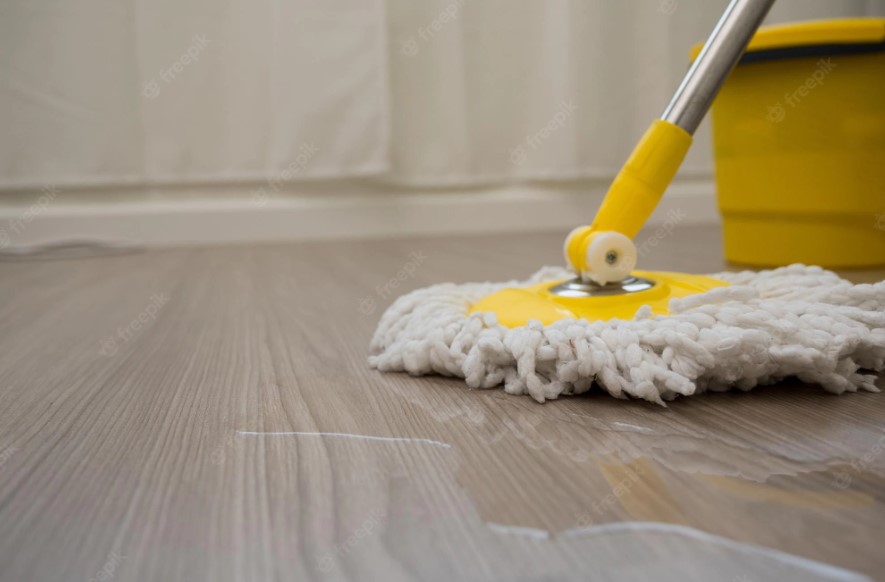
Identifying water damage is a crucial step in preventing further damage. Getting it fixed early can save you money on repairs. In addition, the issue can be prevented from spreading to other parts of the house.
There are several signs of water damage that are easy to spot. These include mold, musty odors, and changes to walls and ceilings. If you notice any of these signs, you should take immediate action.
The most obvious sign of water damage is a visible leak. If you see a sudden increase in your utility bills, you may have a leak. You can also check for leaks in your faucets and drain pipes. If you find one, turn off the supply of water to the home.
Other obvious signs of water damage are warped floorboards and changes to walls and ceilings. If your home is affected by water, there is a good chance that mold is present as well. This can cause respiratory distress and irritation.
It is also possible that the damage is caused by defective appliances. It is important to have appliances checked by a professional to identify and prevent future problems. It is also a good idea to avoid using leaking appliances until you have them repaired.
Some common signs of water damage are dark spots on the wall, peeling paint, and warped floorboards. The color of the water stains will indicate how much the water has affected the materials.
Depending on how much damage has occurred, you might need to call a professional to determine what needs to be done. A professional will also be able to tell you how much to fix the problem.
Whether water clean up on a property or at home, it’s essential to ensure that you only do the necessary damage. Luckily, there are several ways to keep your property clean, and preventing water damage is one of them.
Cleaning up grey water
Regardless of where you are, you might be cleaning up grey water. This type of water can cause health risks and damage to your property. You need to take special care to prevent the risk of exposure.
Using warm water with dish soap can help break up greasy build-up. After a few hours, your water should be clean and ready to move on.
If you’re unsure how to clean up grey water, you can call Restoration 1 to help. They can remove flooring, dry-clean the water, and give you a water clean up plan.
In addition to being unsanitary, grey water can contain chemicals, bacteria, and pathogens. Therefore, you should wear protective clothing, protect your skin, and keep small children away from the area.
Grey water can be harmful if exposed to the wrong person. You should also keep pets away from the area. The water can contain oils, dead hair, and bacteria. It can also irritate your skin and eyes.
Cleaning up black water
Whether it is from a flooded river, lake, or ocean, there are some things you should know about water clean up process. It can severely threaten your health, so it is essential to be prepared. However, there are some simple steps you can take to help you protect yourself, your family, and your home.
Black water is water that has been contaminated with sewage or other hazardous materials. It can be dangerous and should only be handled by trained professionals.
Sewage contains harmful viruses and bacteria and is often contaminated with other dangerous chemicals. If you have come into contact with black water, wash your hands with warm water and soap, and avoid drinking the water. It would help if you also kept your mouth and eyes covered.
